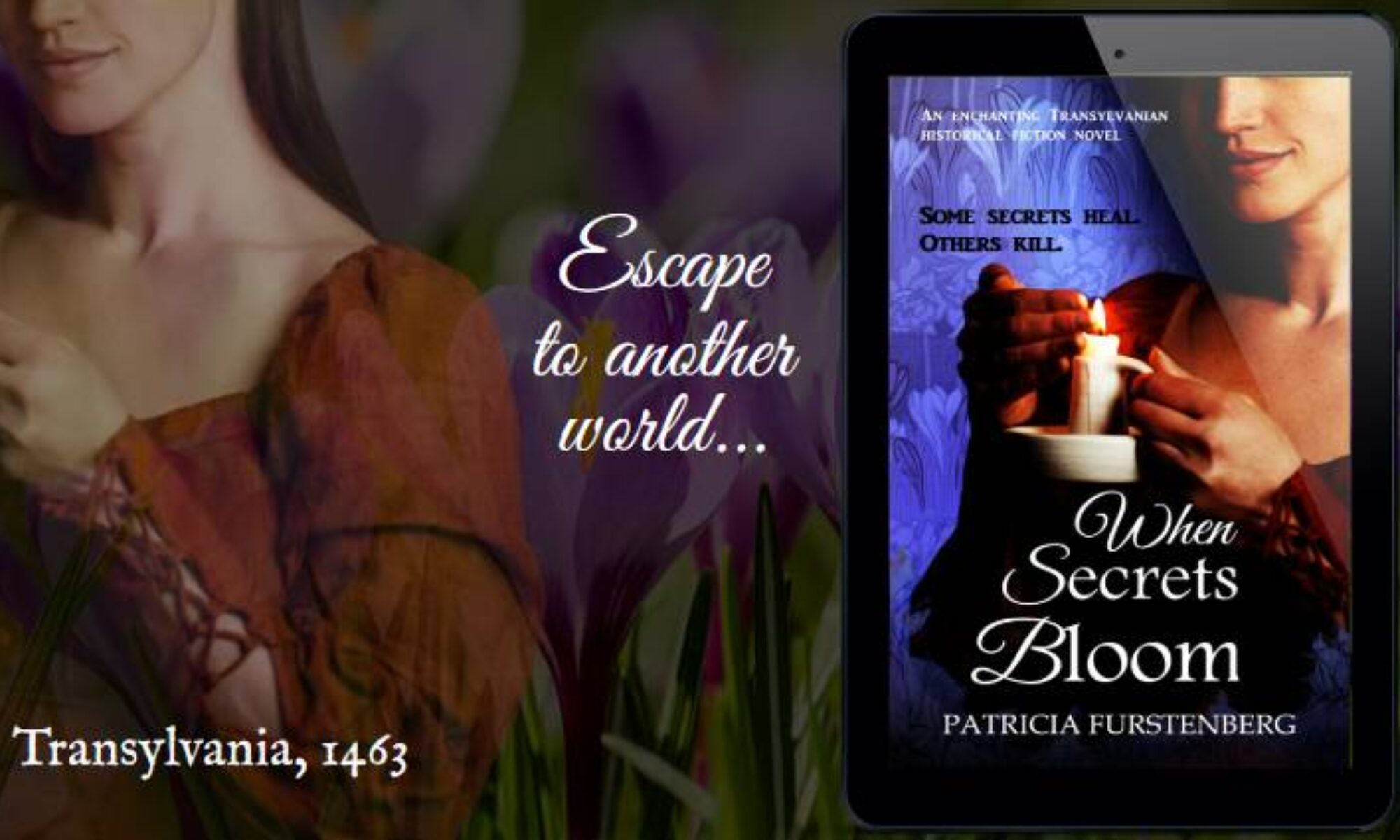Today I Will Say A Prayer For Those Women Who Fought For My Freedoms

Think of one woman that made an impact on your life. Do you see her with your mind’s eye? Do you see her smile, do you feel her warm arms around you? Do you feel her soft hair touching your cheek? Does this memory make you feel at peace with yourself? Do you draw strength out of it?
Now really try to remember this woman. Do you see the wrinkles around her mouth? The fine lines at the corners of her eyes? Perhaps not, because they were often hidden by her smile, whenever she was watching you. Do you remember her hands were worn out by work, with calluses on her palms and burn marks from cooking? Probably not, because they’ve been hugging you and supporting you, being there for you, but out of view. Have you ever noticed her clothes being out of fashion? Of course not, because they were clean and, more than once, they’ve sheltered your body on cold days and nights.
Do you remember her voice encouraging you? But do you ever remember her complaining about her ailing body? The sleepless nights? The long walks she took each day? The times she went hungry so that you can eat?
Have you ever asked yourself what kept her going? What gives her the strength and energy to get out of bed every morning in a cold room and get going? Do it all over again, day after day? The walking and the working and the waiting and the hoping? Wishing for a better life; for her or for you?
Always for you.
Why did 20,000 women march, peacefully, to the Union Buildings in Pretoria in 1956 and petitioned against the country’s pass laws?

They marched so that they can walk about freely and find better jobs, so that you won’t have to carry a pass, when your turn comes. They did it for you.
Wathint’ Abafazi Wathint’ imbokodo! [Now you have touched the women, you have struck a rock!]
Why do you think it is that 20,000 women march in New York in 1909, asking for better working conditions?
So that they can provide a better life for their children so that when their daughters became of age to look for work, they would do so at no disadvantage at all.
“We’d rather starve quick than starve slow,” was their motto, expressing their anger against the conditions under which they worked in the sweatshops’ factories.
Why, you may ask, did the Suffragettes persist in their fight for votes for women for almost 100 years?

What fueled their march, spanning more than one generation, from 1832 when Mary Smith presented the first women’s suffrage petition to Parliament only to have the women’s exclusion from the vote confirmed, going through the Mud March of 1907, the mass rally of 1908 in Hyde Park when 300,000 – 500,000 activists attended? A time where women and men went through hunger strikes, imprisonment, permanent physical injuries and sexual abuse by police… with all of this only coming to an end in 1928 when the Amendment of the Representation of the People Act finally entitled everyone over the age of 21 to vote.
They did it so that their daughters won’t have to fight the same battle; for their daughters to be seen as human beings, with rights equal to those of men.
Why did tens of thousands of Protestants, mainly women, march in St Petersburg in March 1917, asking for an end to Russia’s involvement in WWI and… bread?

“Feed the children of the defenders of the motherland,” they called.
This movement is what sparked the Russian Revolution and the overthrowing of the Tsar. The Government that came to power granted women the right to vote.
This women’s day I’ll think of the teacher that empowered so many generations of girls and boys with her encouraging smile. I’ll think of the teacher who shared her lunch with that one child in her class so that he wouldn’t feel sidelined. This women’s day I’ll think of Mama Thembile who sells food by the side of the road every day from 6 am… Each day waiting for that one little girl passing by on her way to school and for which she has a special sandwich prepared. She doesn’t know the girl, but she knows the hunger in her eyes. This women’s day I’ll think of Mama Maria who, after a day’s work, still finds the strength to stop by at a children’s home to read stories, because she knows it makes a difference to the children.
This women’s day I’ll say a prayer for the women who fought, all around the world, so that I can think and speak and write, freely; and make my own choices and stand by them, without fear. That I may live as well as enjoy life for what it has to offer, to me and my children, happily.
We are stronger together.
First published on the Huffington Post SA on 9 August 2017
I hope you enjoyed “Today I Will Say A Prayer For Those Women Who Fought For My Freedoms.” You might like to read:
5 Medical Symptoms Named After Literary Characters

